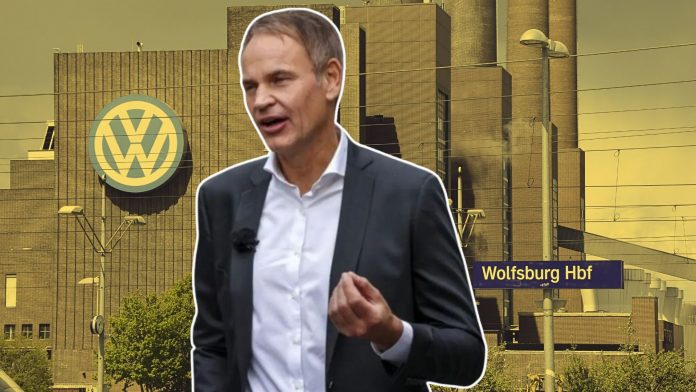As tensions between labor leaders and management escalate over cost-cutting measures, Volkswagen (VW) workers are preparing for a second wave of walkouts across the company’s German plants on December 9.
The impending strike, which will include four-hour walkouts at nine different sites, follows an initial round of strikes on December 2, marking a significant escalation in the dispute. The IG Metall union, representing VW employees, announced that this round of industrial action will result in double the production time lost compared to the first strike, increasing pressure on the automaker.
In addition, the strike is part of an ongoing negotiation between VW’s management and labor leaders over reducing costs and maintaining profitability amidst economic challenges. VW has proposed a 10% wage cut for workers, citing the need to slash costs to defend market share.
Moreover, the company claims it faces strong competition from low-cost Chinese automakers and declining European car demand. Executives also suggest that excess manufacturing plants in Germany may need to close to improve efficiency.
In the wake of a public address by VW Group CEO Oliver Blume on December 4, he warned employees that plant closures and pay cuts might be necessary due to the weak European market and slower-than-expected adoption of EVs. Union officials criticized his remarks, notably, IG Metall negotiator Thorsten Groeger, who accused Blume of disrespecting workers by wishing them a Merry Christmas while discussing potential job cuts. Groeger pledged to increase pressure on the company by escalating a strike scheduled for December 9.
Volkswagen management has expressed its desire to find a long-term solution through dialogue. On December 5, the company stated that both sides were still in talks to develop viable solutions that balance economic stability and job security.
Analysts have noted that capacity utilization at VW’s German factories has fallen to less than 60% over the past two decades, with a significant amount of unused capacity. VW has an estimated 800,000 units of idle capacity across its plants, further complicating the company’s ability to remain competitive.
Thousands of Volkswagen (VW) employees plan to gather in Wolfsburg, the company’s headquarters, to demand better negotiation terms as the strike looms. Union officials warn that if they do not reach an agreement, the strikes could escalate, potentially becoming longer or even open-ended, which would signal ongoing unrest within the company.




